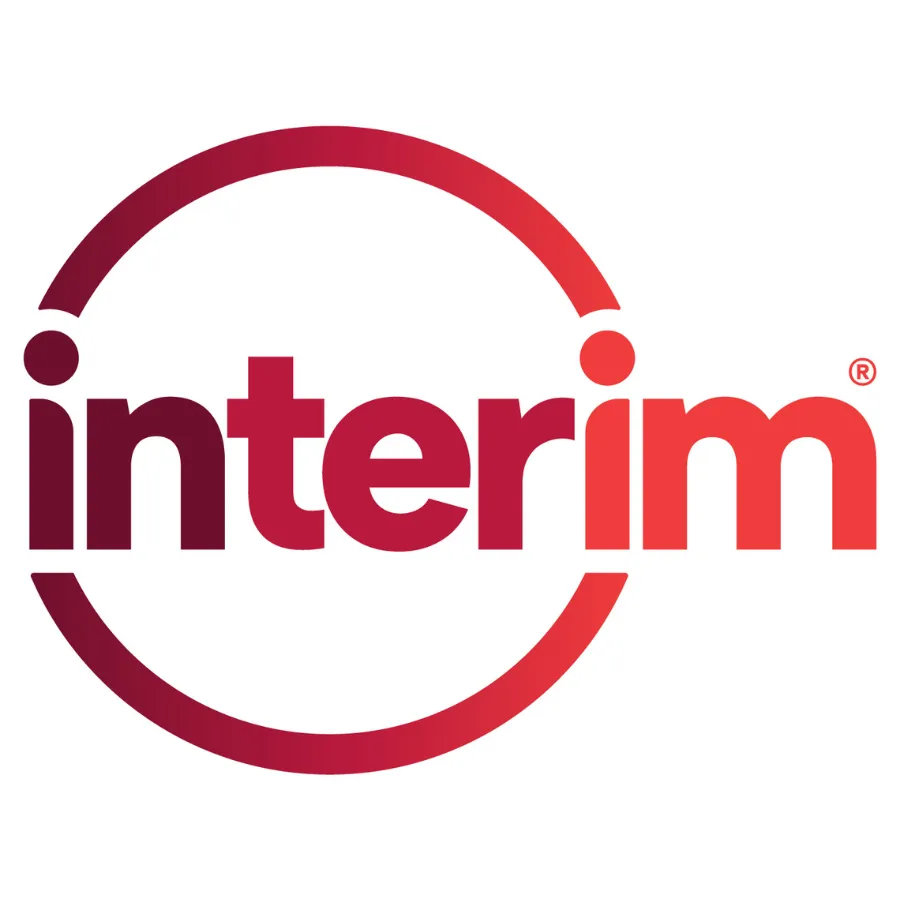Ability to Handle Schedule Challenges
Home Care

Assisted Living

Private Caregiver

Home Health

Family Care

No Care

Care needs aren’t always predictable. Illness, travel, weather, or emergencies can quickly disrupt a schedule — and the ability to adapt determines whether care remains consistent or collapses. Each care option differs dramatically in its capacity to handle the unexpected.
Home Care
Home care through a professional agency is built for flexibility and backup coverage.
At Interim Home Care, we maintain a deep roster of trained caregivers and an on-call scheduling team available 24/7. If a caregiver calls out or a family needs to adjust hours, replacements are arranged immediately — no gaps, no stress. This dependability is one of the most tangible benefits of working with a reputable home care provider.
Assisted Living
Assisted living communities have built-in staff coverage across multiple shifts, ensuring someone is always available. Schedule disruptions from individual caregivers don’t impact care delivery. While staff ratios may limit personalized attention, the system itself is stable and consistent in coverage.
Private Caregiver
When you hire a private caregiver directly, the schedule only works as long as they do. If they’re sick, on vacation, or have a family emergency, there’s no backup. Families often scramble to fill shifts, leaving loved ones without coverage or supervision.
Home Health
Home health visits are scheduled around clinician availability and insurance authorization. Appointments are difficult to reschedule on short notice, and missed visits can delay recovery or service continuation. There’s little flexibility to handle last-minute changes.
Family Caregiver
Family caregivers juggle their own jobs, families, and health issues, making schedule consistency difficult. If something comes up — a work deadline or illness — care often gets postponed or overlooked. Over time, this instability adds stress for everyone involved.
No Care
Without a care plan, schedule disruptions are irrelevant — but that’s the problem. When there’s no system in place, even small crises become full-blown emergencies, forcing families into reactive decisions and unsafe gaps in care.


